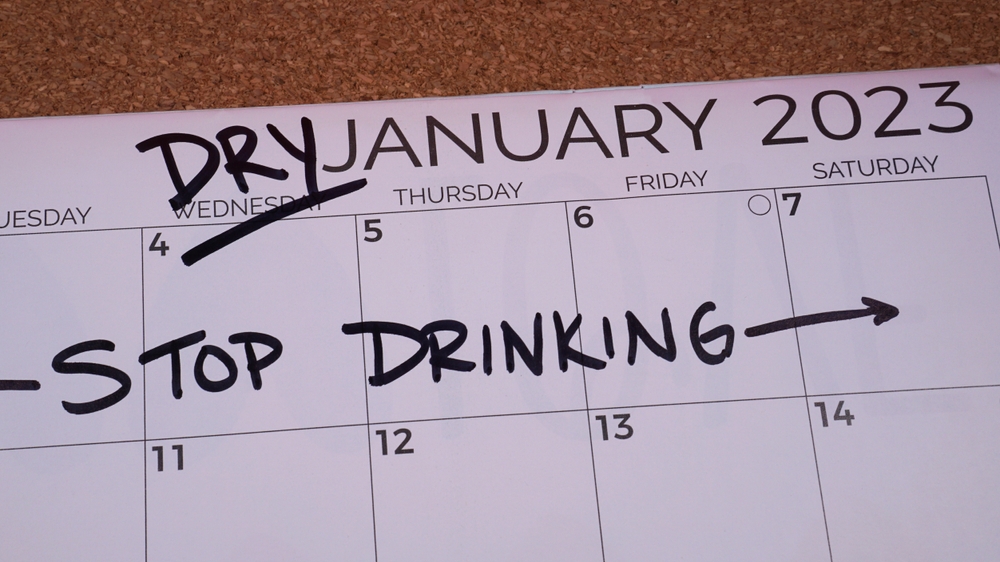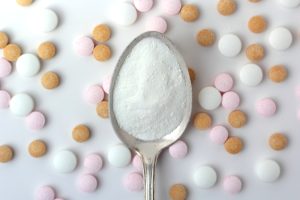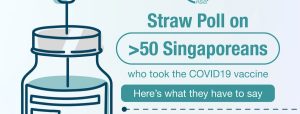Dry January, the annual challenge to abstain from alcohol for the first month of the year, is not just a fleeting trend but a movement with substantial health benefits.
Engaging in Dry January can be a transformative experience, reshaping one’s relationship with alcohol. It provides an opportunity for individuals to assess the role alcohol plays in their life, potentially leading to healthier lifestyle choices beyond just the month. Moreover, the challenge can increase self-awareness and control over drinking behaviours, contributing to overall wellbeing.
Understanding Dry January and Its Benefits
Dry January, the annual challenge to abstain from alcohol for the first month of the year, is not just a fleeting trend but a movement with substantial health benefits. This initiative, growing in popularity worldwide, not only offers physical health benefits but also fosters a deeper understanding of personal drinking habits, promoting long-term mindful drinking.
Engaging in Dry January can be a transformative experience, reshaping one’s relationship with alcohol. It provides an opportunity for individuals to assess the role alcohol plays in their life, potentially leading to healthier lifestyle choices beyond just the month. Moreover, the challenge can increase self-awareness and control over drinking behaviours, contributing to overall wellbeing.
Scientific evidence suggests that even temporary abstinence from alcohol can lead to significant improvements in physical and mental health. Compared to moderate drinking, abstention has been associated with better overall health outcomes, challenging the notion that moderate drinking might be beneficial.
Physically, abstaining from alcohol can lead to improved liver function, better sleep quality, and potentially significant weight loss. Mentally, it offers a chance to break free from any dependency patterns, leading to increased mental clarity and emotional stability. Socially, participating in Dry January can foster a sense of community and support, as many others share in the same challenge. It also encourages individuals to find alternative, healthier ways to relax and socialise without relying on alcohol.
Strategies for Successfully Navigating Dry January
Successfully navigating Dry January involves more than just the decision to stop drinking. Incorporating specific strategies can significantly enhance the likelihood of completing the challenge successfully. Firstly, setting clear, specific goals can help maintain focus. Instead of a vague aim like “stop drinking,” a more structured goal, such as “attend two alcohol-free social gatherings,” can provide a measurable and achievable target.
Secondly, replacing old habits with new, healthier ones is crucial. Engaging in alternative activities, such as physical exercise, reading, or other hobbies, can fill the time typically spent on drinking. This not only distracts from cravings but also contributes to overall wellbeing.
Another effective strategy is seeking social support. Sharing your challenge with friends, family, or a supportive community can provide the necessary encouragement and accountability. Whether it’s through social media groups, local community meetings, or simply a friend who joins in the challenge, having a support system can make a significant difference.
Finally, keeping a journal to reflect on the experience can be beneficial. Recording feelings, challenges, and successes throughout the month can offer insights into personal drinking patterns and motivations, facilitating a more mindful relationship with alcohol.
By combining these strategies, individuals can enhance their resilience and commitment, turning the Dry January challenge into a rewarding and potentially life-changing experience.
Preparing for a Successful Dry January: Setting the Foundation
As we embark on Dry January, it’s crucial to lay the groundwork for success. This month offers a unique opportunity to reset and reevaluate our relationship with alcohol. To maximise the benefits, setting clear and attainable goals from the start is essential. Planning alternative activities and seeking social support can also significantly boost the chances of sticking to the commitment. Additionally, maintaining a positive mindset and focusing on the health and psychological benefits can be motivating. As we step into this challenge, remember that Dry January is not just about abstaining from alcohol, but about embracing a healthier lifestyle and gaining deeper self-awareness.
References
- De Visser, R. O. (2016, February 4). Study shows that Dry January does more good than harm. The BMJ. https://doi.org/10.1136/bmj.i583
- Park, J. E., Ryu, Y., & Cho, S. I. (2016, December 3). The Association Between Health Changes and Cessation of Alcohol Consumption. Alcohol and Alcoholism. https://doi.org/10.1093/alcalc/agw089














